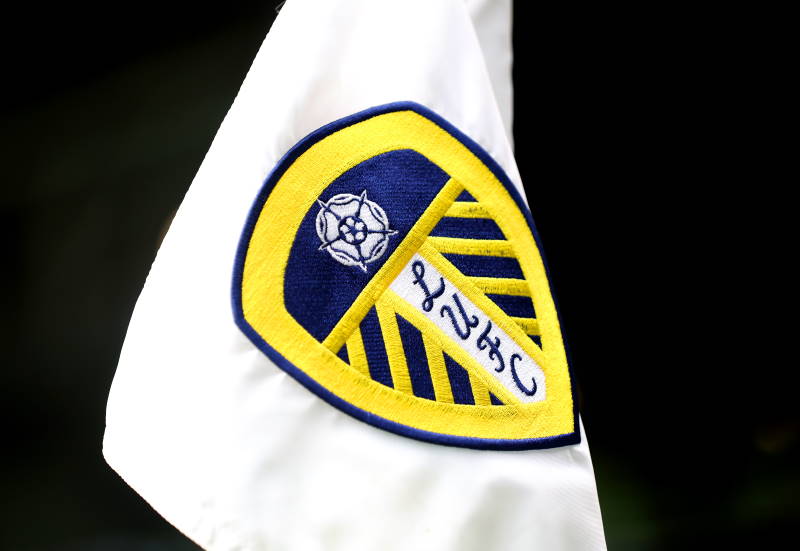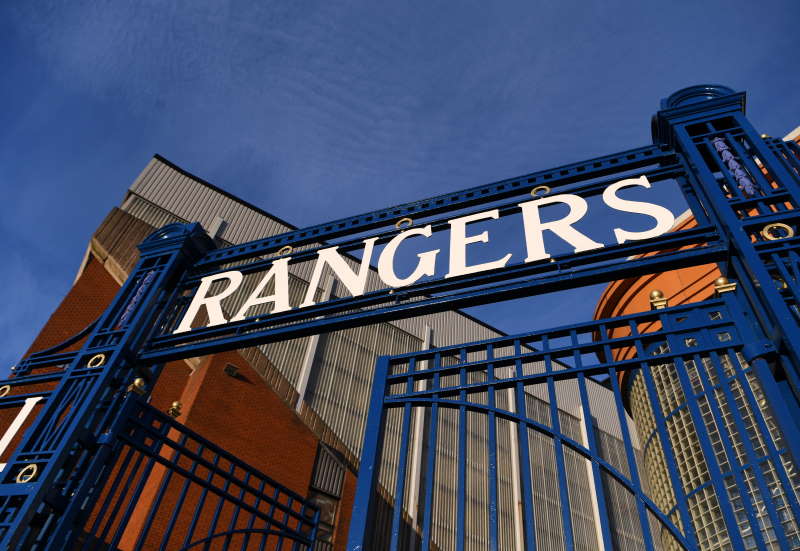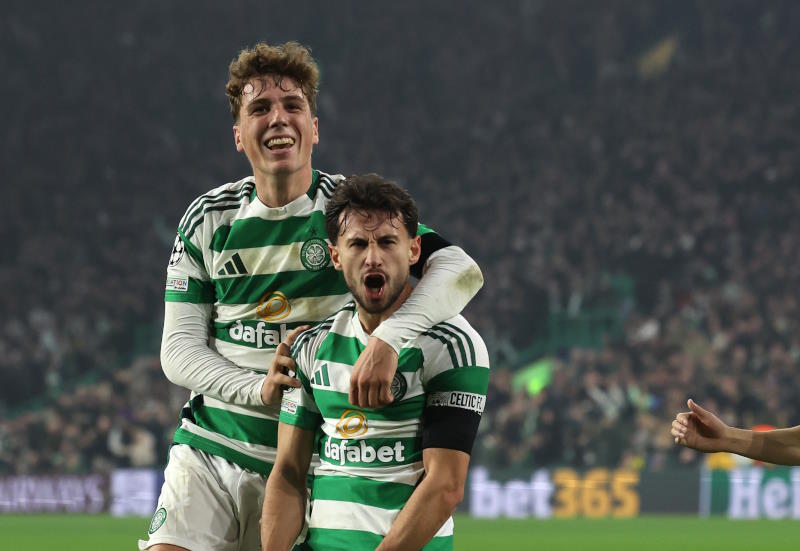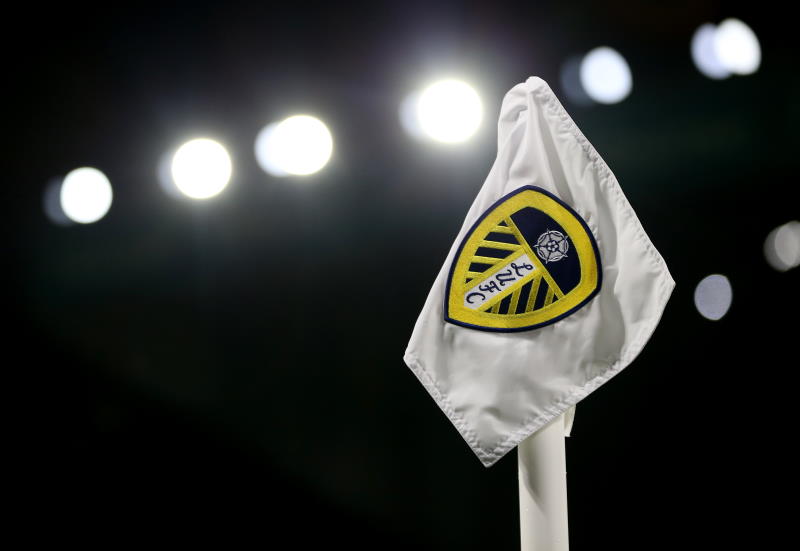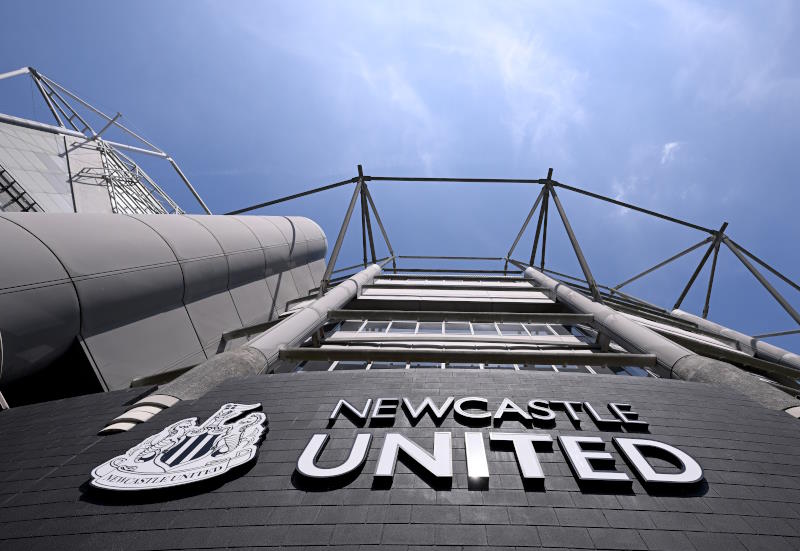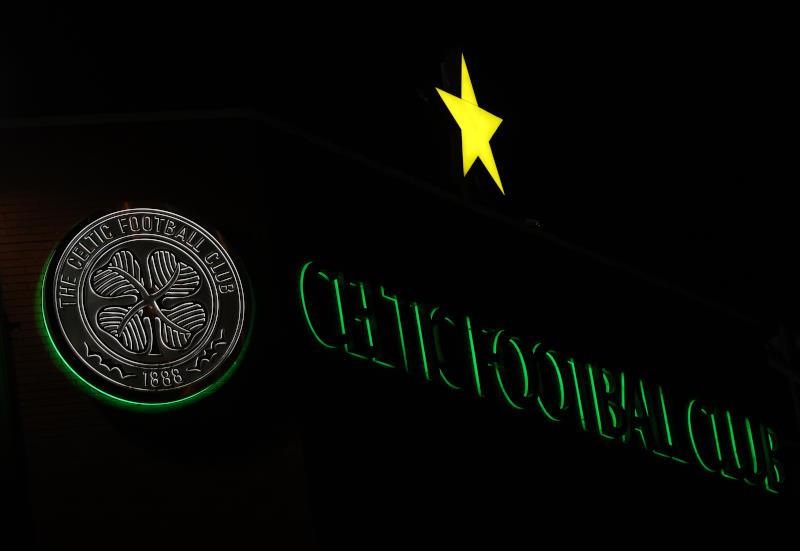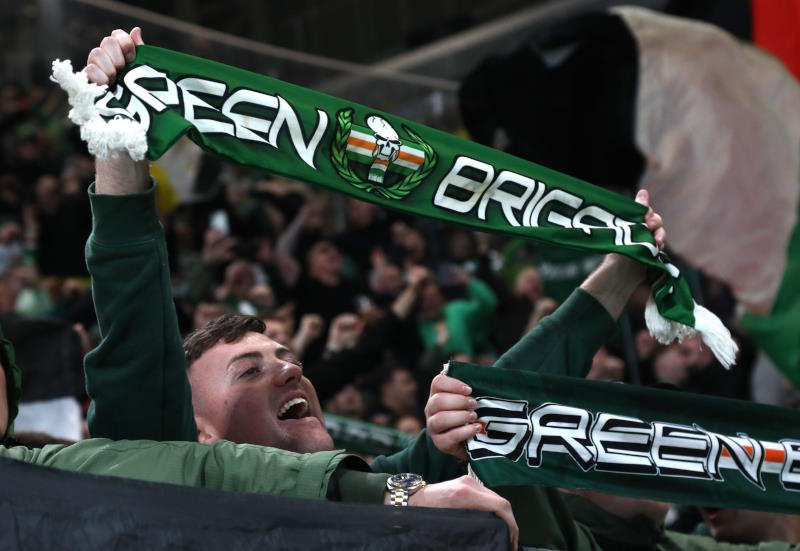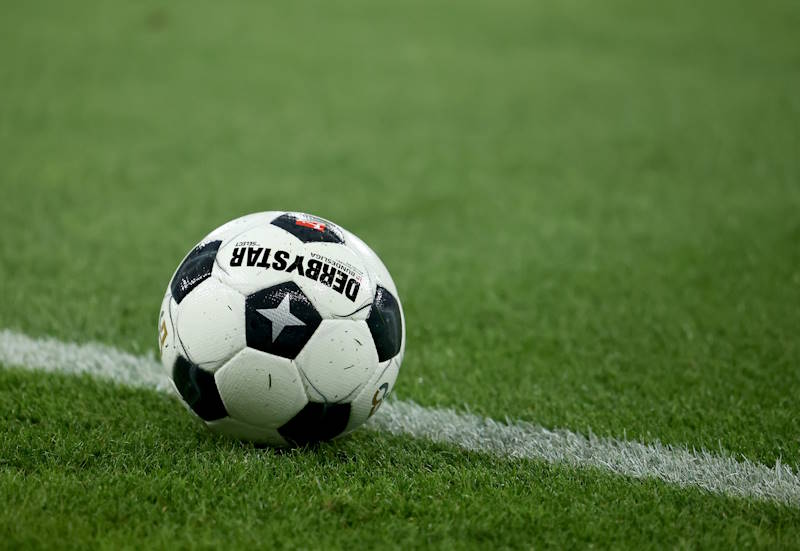
Colombia were the first side to qualify for the quarter-finals of the 2011 Copa America and although the goals of Falcao, the powerful midfield play of Fredy Guarin and the pace and trickery of Adrian Ramos have grabbed the headlines, it is the less assuming figure of Carlos Sanchez who has quietly been providing the platform for his more illustrious team-mates to perform. Sitting in front of the back four, the 25-year-old has given two faultless displays in the art of the defensive midfielder, reading the game superbly to break up play before moving the ball on swiftly to more creative players.
Born in Quibdo, a chaotic jungle town near the frontier with Panama in the north west of Colombia, Sanchez experienced a difficult upbringing, with football providing escape from the abject penury of a region that has some of the worst national indicators in terms of poverty, malnutrition, illiteracy and child health. There was not always a meal on the table at the end of the day for the young Sanchez, who spent his days playing football in the street and dreaming of one day liberating himself from the pauperism that had engulfed his childhood.
A chance to turn that dream into reality came at the age of 15, when he went on trial at Atletico Nacional, one of the biggest clubs in Colombia and one of only two sides from the nation to have won the Copa Libertadores. During that trial the youngster was approached by a representative of Uruguayan side Danubio and after agreeing terms was soon packing his bags for Montevideo.
Sanchez made his debut for Danubio in 2003, staying at the club for two years before joining River Plate – also of Montevideo – for whom he enjoyed two productive seasons, performing well enough to earn a full international debut, against Panama in May 2007. He was included in Colombia’s preliminary 34-man squad for the 2007 Copa America, but was one of those dropped from the final 23.
The midfielder’s summer soon took a turn for the better however, when Valenciennes paid just over €1M to take him to northern France in time for the 2007/08 season. Sanchez’s initial months in the European country were tough going as he spoke little to no French, but with the help of Spanish-speaking team-mates Jose Saez and Abdes Ouaddou he soon began to settle and ended a solid debut season with 30 starts and four substitute appearances. The Colombian was also a regular in the national team under Jorge Luis Pinto, starting seven of the eight World Cup qualifiers that had been played before the coach was dismissed in September 2008; Pinto’s successor Eduardo Lara did not call on Sanchez for the remainder of the qualifying tournament.
34 starts in his second season with Valenciennes illustrated Sanchez’ growing importance to the team, as did the christening of him as ‘Le Roc’ (The Rock), and it was therefore a blow to both player and club when he suffered a ruptured cruciate ligament, ruling him out of the final couple of months of the 2009/10 season and the first two of 2010/11. Upon the midfielder’s return he picked up right where he had left off, missing just two more games in the remainder of the season and performing well in the centre of midfield in coach Philippe Montanier’s usual 4-3-3 formation.
Following a recall to the national side by new coach Hernan Dario Gomez for a friendly against Spain in February, Sanchez was named in the 2011 Copa America squad, but was forced to watch from the bench as Gustavo Bolivar put in a decent performance in defensive midfield during Colombia’s opening 1-0 win over Costa Rica. Such was the competence of Bolivar’s performance that it was somewhat of a surprise when Sanchez was named in the team for their second match of the tournament against hosts Argentina, but it soon proved to have been a wise choice by Gomez.
Faced with the daunting task of defending the space that World Player of the Year Lionel Messi was likely to drift back into, many players would have wilted under the pressure, reverting to caveman tactics to kick the brilliant Barcelona man out of the game. Not Sanchez, however. He gave a superb illustration of defensive midfield play, staying on his feet, tackling cleanly and reading the game excellently to cut out Messi’s attempted passes. The Colombian committed just three fouls in the entire 90 minutes, and only one on Messi. It was a truly wonderful performance.
But it is not just the defensive side of Sanchez’ game that has been worthy of praise. Against both Argentina and Bolivia the speed with which he found one of the more advanced midfielders in a matter of touches after regaining possession was outstanding, providing the impetus for a number of superb counter-attacks. It is here that the midfielder holds a major advantage over Bolivar. Whereas Bolivar still plies his trade in Colombia, Sanchez has four seasons of European football to his name and has adapted his game to suit the higher tempo. In fact, in these two performances he has been reminiscent of Claude Makelele, who, perhaps unsurprisingly, is the player Sanchez admitted to be his idol in an interview last year.
Next up for Colombia is a quarter-final clash against Peru in Cordoba, and it is certain that the likes of Rinaldo Cruzado and Carlos Lobaton are not looking forward to facing a man who has so effectively stifled out attacks in his last two matches. Greek giants Olympiacos are said to be close to finalising a deal for the Colombian’s services, but if he continues to produce such assured displays throughout the tournament even bigger clubs could yet come calling for Carlos Sanchez before the Copa America reaches its conclusion.

